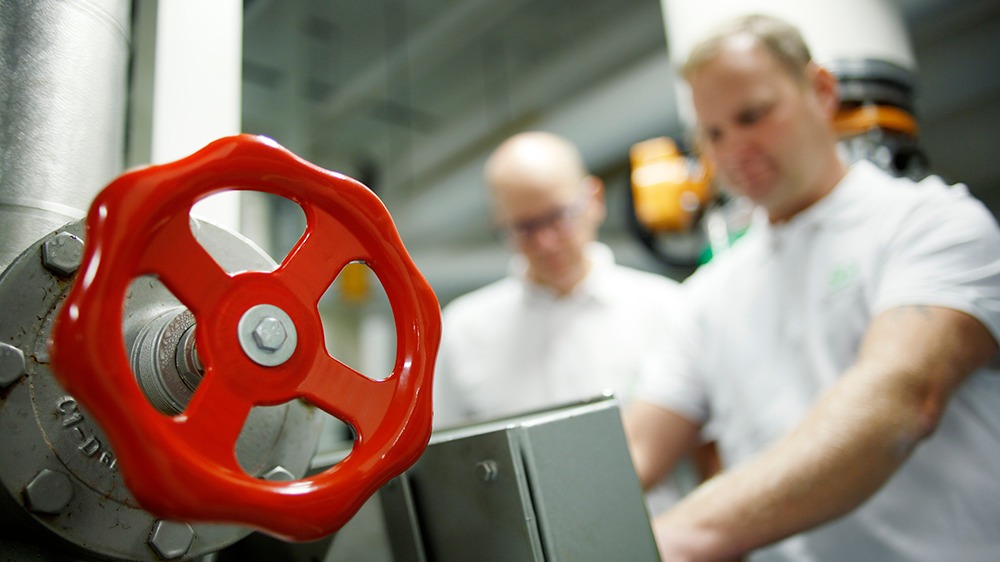As part of its efforts to make the business completely climate neutral, Akademiska Hus aims to reduce the proportion of energy delivered by 50 percent from 2000 to 2025. Now, five years before the appointed time, that goal has been reached for the real estate company's buildings on the Chalmers campus area in Gothenburg. .
Akademiska Hus has a zero vision for its climate imprint, which will be achieved through a climate-neutral internal business and real estate operations by 2025 and a climate-neutral project business by 2045. The climate goals are tough and, for example, the company needs to deepen cooperation with its customers, which has led to positive results at Chalmers. The amount of energy supplied to Akademiska Hus's premises in the area has recently halved compared to 2000 and is now below 120 kWh / m2.
- We are constantly working to make our campus areas around the country even more sustainable and create energy-smart buildings together with our customers. Halving the delivered energy at Chalmers is incredibly gratifying and something of a milestone for us. Now we are taking additional power to come down to 110 kWh / m2, says Fredrik Nyberg, Energy and Technology Manager at Akademiska Hus.
The achieved goal includes all delivered energy that the properties use, that is, the real estate energy but also the energy used by the university's operations in their teaching and research. Over the years, several energy improvement measures have been taken on campus to achieve halving, including the use of biofuels, distribution of self-produced district cooling, efficient heat recovery and installations of needs and presence-controlled ventilation and lighting, smart control and monitoring systems, and solar cells.
Contributes to the universities' climate framework
The initiatives are based on a common desire to cooperate with Chalmers and invest in sustainable choices. They can also be seen as a way for Akademiska Hus to contribute to the sustainability work that Chalmers conducts within the framework of the climate framework to which the majority of the country's universities and colleges have joined. The climate framework must, among other things, lead to higher education institutions reducing the climate impact from their own operations.
- This reduced climate impact is very gratifying for us as well, and fully in line with the ambitions of the Climate Framework and the goals we have set in Chalmers' climate strategy for increased energy efficiency and clearer energy statistics for the business, says Fredrik Hörstedt, Chalmers vice president for recovery, with coordination responsibility for sustainable development.
Another contributing factor to the fact that the amount of energy supplied for Akademiska Hus real estate at Chalmers has been halved is the company's new office and innovation arena A Working Lab at Johanneberg Science Park. The construction was propelled by 16 innovation projects with a clear climate and sustainability focus and the house is now certified according to Environmental Building Gold.
